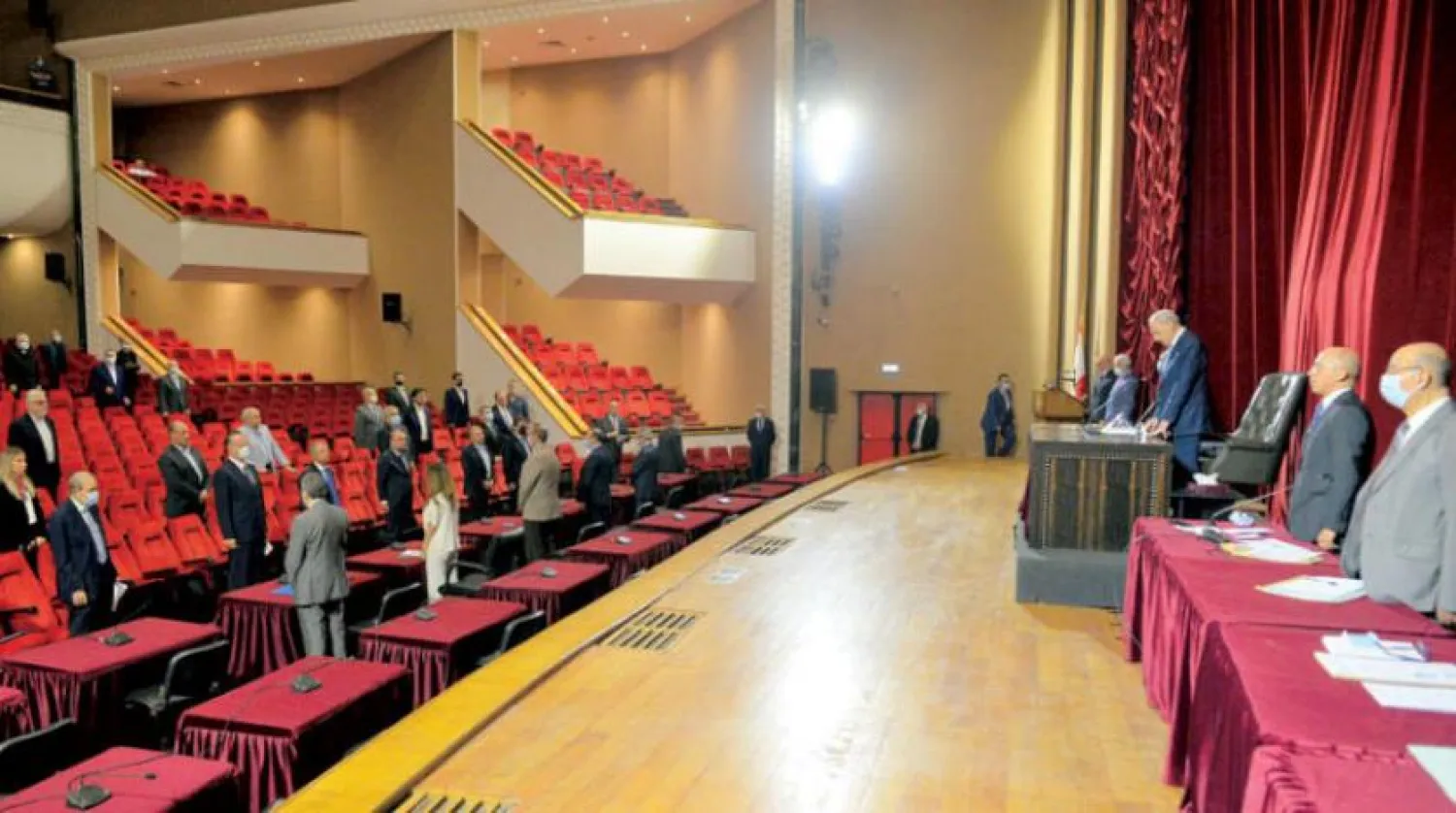The Lebanese parliament ignored President Michel Aoun’s request to make a decision regarding the Central Bank’s move to lift fuel subsidies.
Rather it responded to Aoun’s letter to parliament by asking him to form a new government, speed up the distribution of the financing card and "liberate the market from monopolistic practices".
Aoun had sent a letter to parliament complaining about Banque du Liban’s announcement to lift fuel subsidies, asking the deputies to take the appropriate response in this regard and accusing the BDL governor, Riad Salameh, of not seeking advice from the political authority before making his decision.
Lebanon’s contentious files prevailed over the parliamentary session that was held on Friday. In a lengthy press conference, the head of the Free Patriotic Movement and Aoun's son-in-law, MP Gebran Bassil, threatened to resign from parliament if no decision was taken regarding Salameh’s move, prompting Speaker Nabih Berri to respond that parliament “cannot be threatened.”
“Whoever wants to resign, let him resign,” Berri stated.
The financing card represents one of the official mechanisms and topical solutions to alleviate the impact of the economic hardship that the country is witnessing, following the decline in the reserves of the BDL’s hard currencies, which it used to subsidize vital commodities imported from abroad in US dollars, especially flour, fuel, medicine and foodstuffs.
After the Central Bank stopped subsidizing foodstuffs and reduced the share of medicines from the subsidy, it announced two weeks ago that it was unable to provide hard currency to import fuels, which resulted in a political and social crisis that prompted Aoun to address parliament to find a solution.
Parliament, however, stressed that the only way out was to form a government, with the aim of “filling the void in the executive authority, and for the new cabinet to make key decisions, including lifting subsidies and implementing the financing card” approved by the legislature.
The card, which would be distributed to Lebanon’s needy households, would be funded by loans from the World Bank and the International Monetary Fund (IMF), with the aim of alleviating the suffering of the Lebanese whose purchasing abilities have greatly diminished.









